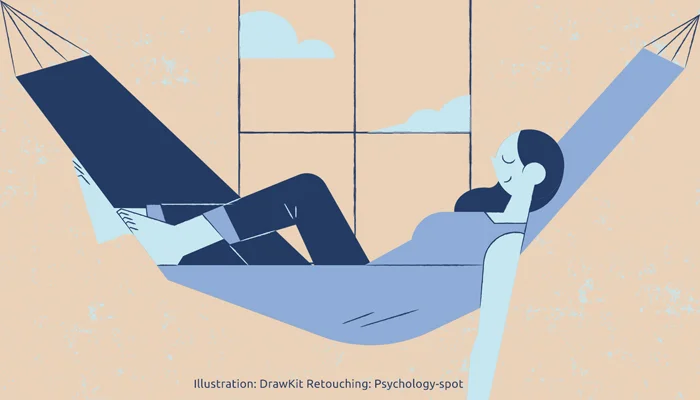
The more a person is intelligent and socialize with the others the less will be satisfied with his life. Or at least that is the conclusion reached by a study of psychologists at the London School of Economics and Singapore Management University.
Undoubtedly, this statement challenges the belief that socializing and be surrounded by friends makes us happier. But, everything seems to indicate that it is not like that for everyone, especially for those who have an IQ above the average. In such cases, the socialization doesn’t take to a greater happiness and nor produces a greater satisfaction in life.
Why?
This study analyzed more than 15,000 young people aged between 18 and 28 years old and found that, in fact, the more time people passed with the company of others the more they were happy and satisfied with their lives. However, this trend was reversed in people classified as “very intelligent”.
The researchers believe that the cause could be that these people see socialization as a distraction that moves them away from projects and goals that, for them, are much more important and rewarding in the long term.
In fact, these psychologists propose the evolutionary hypothesis that the most intelligent people have more tools to successfully adapt to the modern world, so they can be more independent and require less aid than the others. At this point the group ceases to be so important and, certainly, it is not necessary for survival, as it was for our ancestors.
Intelligence without wisdom can be a big trouble
Although over time intelligence was praised and considered a desirable quality, the fact is that being smart is not synonymous of making the right decisions in life. In fact, a research that began in the late 1920 in which were followed 1,500 students in the United States qualified as gifted, revealed that many of them, once they reach the old age, felt of having wasted their lives and not being able to exploit their talent as they wanted.
Another study conducted at the University of MacEwan refuted the myth that happiness would be in “blissful ignorance.” According to these psychologists, the most intelligent people do not necessarily have a clearer view of the problems in the world that causes them angst.
The smartest people feel more anxiety than the others, but not because they’re deeper worried than the rest of the mortals, but rather because they brood constantly all mundane situations. It was also found that these people get worried more often and for more things. So, if something negative happens, they tend to ruminate what happened, and that generates their anxiety.
In any case, every person is a world apart, with its qualities, flaws and strengths. We must find happiness in what truly satisfies us, whether is the relationship with other people, a hobby or a passion.
Sources:
Norman, P. L. & Kanazawa, S. (2016) Country roads, take me home… to my friends: How intelligence, population density, and friendship affect modern happiness. Br J Psychol; 107: 675–697.
Penney, A. et. Al. (2015) Intelligence and emotional disorders: Is the worrying and ruminating mind a more intelligent mind?Personality and Individual Differences; 74: 90-93.
Kern, M. et. Al. (2009) Conscientiousness, Career Success, and Longevity: A Lifespan Analysis. Ann Behav Med; 37(2): 154-163.
Terman, L.M. (1942) The vocational successes of intellectually gifted individuals. Occupations; 20: 493-498.



